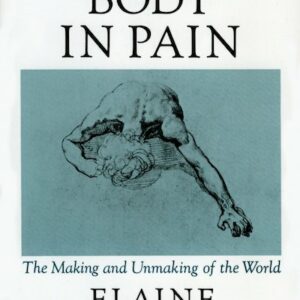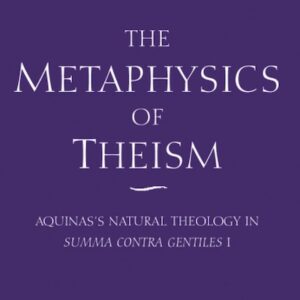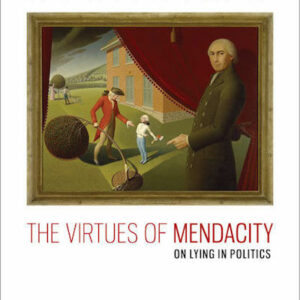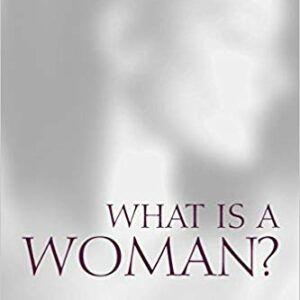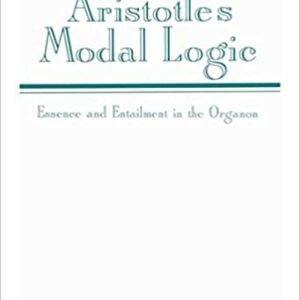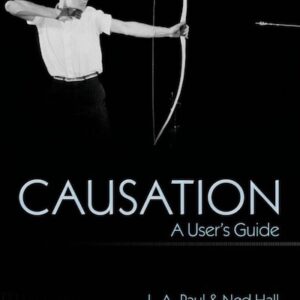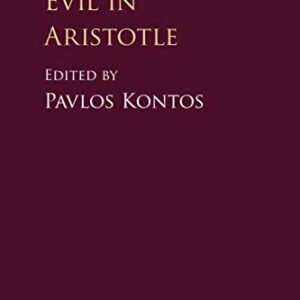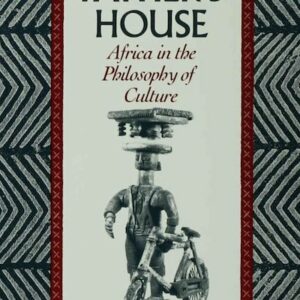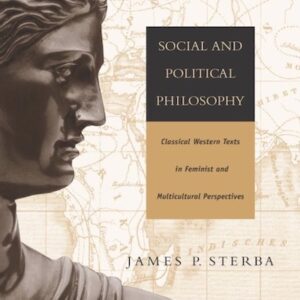
Social and Political Philosophy: Classical and Western Texts in Feminist and Multicultural Perspectives
Edited by James P. Sterba (NHC Fellow, 2001–02) This anthology is the first textbook to put the historical development of Western social and political philosophy into both feminist and multicultural perspectives. The aim of the text is twofold: to provide an introductory sampling of some of the classical works of the Western tradition in social … Continued
